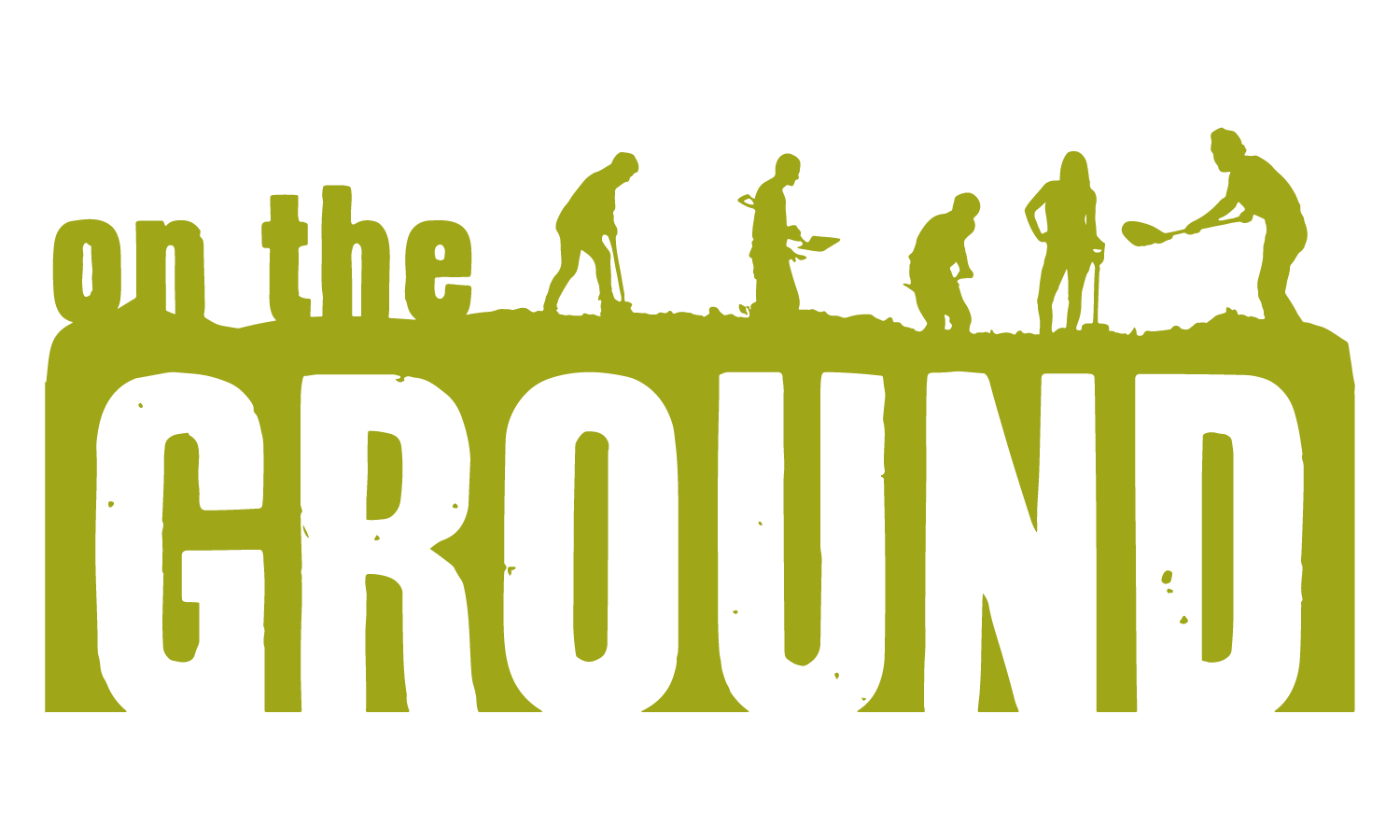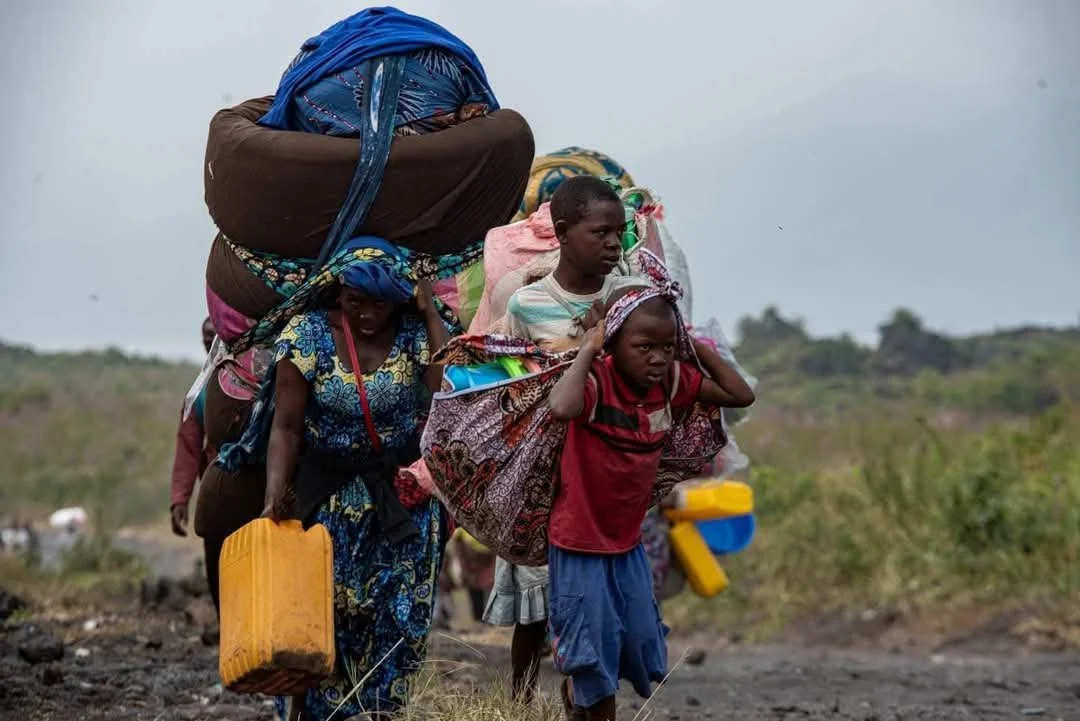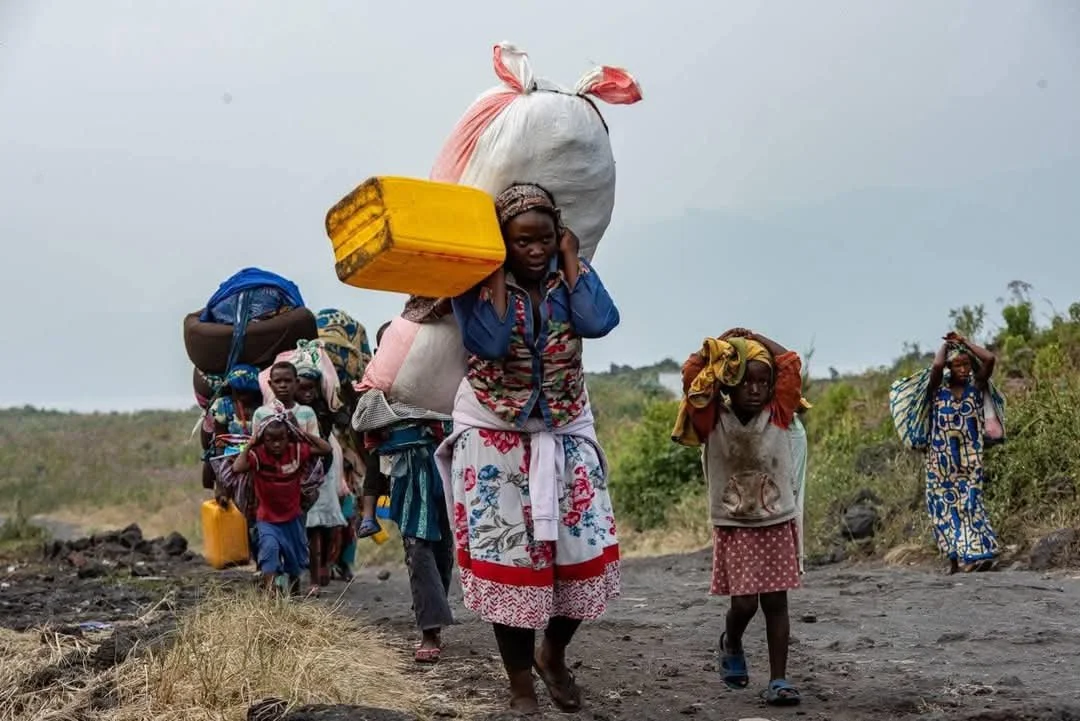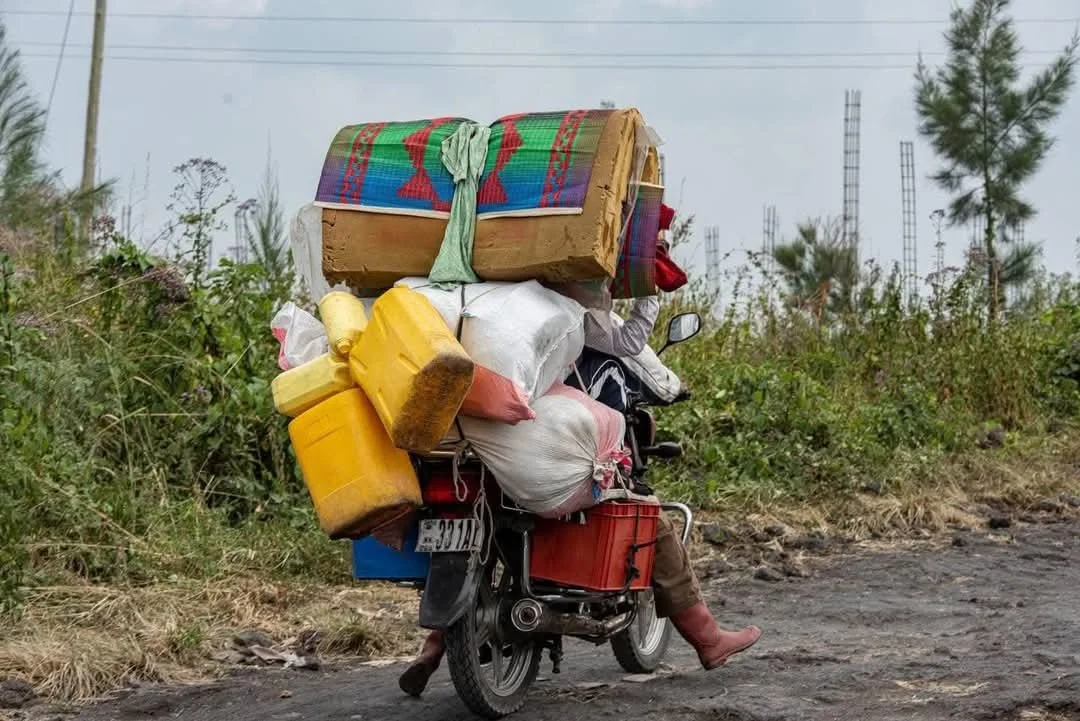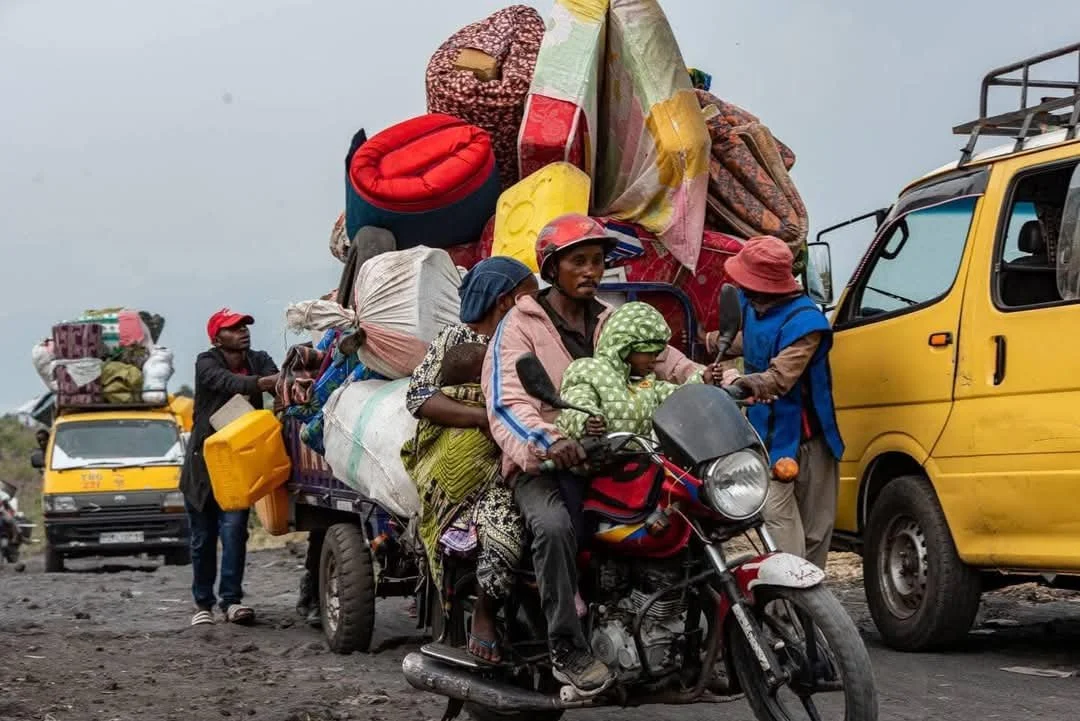Violence and Poverty in the Eastern DRC: OTG’s Response
Guest author: Raha Murtaza
The Democratic Republic of Congo (DRC) has suffered violence and extreme poverty for many years, from the infamous reign of Belgium’s King Leopold II (1885-1908), several leadership changes and coups, (resulting in the country being named Zaire from 1971-1997) and the aftermath of Rwanda’s 1994 genocide spilling into the eastern DRC; instigating and inflaming ethnic violence leading to conflict between more than one hundred armed groups today.
M23 is one of the key rebel groups fueling the continued violence. This Rwandan-backed group of Tutsi origin claims the Government of the DRC broke a peace agreement signed March 23, 2009, inspiring their name: M23. The long-ignored war in the Eastern (DRC)has caused and compounded extreme poverty and one of the world’s worst humanitarian crises, with nearly seven million Congolese displaced (as of 2023). In 2025 alone, more than 400,000 people have been displaced by the violence. More than 21 million people are in need of urgent aid (roughly 20% of the population) as civilians face detainment, torture, death, and extreme sexual violence in the crossfires between M23 and Congolese-backed forces.
M23 was defeated by Congolese forces in 2012. However, in 2022, the group reemerged with more power and strategy, taking control of the eastern DRC. They are also now supported and funded by the Rwandan government, further spreading M23’s power.
One of the key motivators for M23 and other groups in the eastern DRC is the abundance of valuable natural resources. The DRC has been historically targeted and exploited for its natural resources, beginning with Belgium’s violent profiting from rubber in the colonial era. Today, minerals, including cobalt, diamond, and coltan, are the most valuable resources in the country. Multiple groups compete with M23 for control of these resources, including the FDLR: the same rebel organization that carried out the Rwandan genocide. Despite their rivalry, both groups have created a horrific humanitarian crisis affecting civilians across the eastern DRC.
At the height of the violence, one child in the DRC was raped every half an hour. Sexual violence against civilians continues to be rampant in the eastern DRC, both from M23, the FDLR, and the dozens of other armed groups, earning its reputation as the “rape capital of the world”. According to Al Jazeera, multiple women reported armed militants entering their households, detaining the men, and gang raping the women until they lost consciousness. Few of the women and children affected by this violence receive proper medical care to treat severe rape wounds. For those forced to escape, refugee camps are also unsafe. Refugee camps have been destroyed and invaded, and refugee women and girls often raped. For those detained, the conditions in M23 prisons are miserable. Detainees are tortured with weapons by militants, live in unsanitary and crowded conditions, and are given little food and water.
The response of the government has been retaliation through shelling, and civilians are often caught in the crossfire. Many of M23’s actions constitute war crimes and crimes against humanity. Some members have been previously convicted by the International Criminal Court for leading other illegal mutinies using similar tactics to those used in their revolt in the DRC. At the beginning of 2025, violence escalated as M23 seized more land. In April, however, M23 and the DRC’s government reached an unconditional ceasefire agreement in Doha. Still, millions remain affected by M23’s aggression, and whether a ceasefire will remain is questionable.
On the Ground (OTG) has worked for the Congolese people since 2015, both by supporting them in emergency situations - caused by conflict and climate disasters - and in sustainable programming focused on supporting female coffee farmers. In response to widespread sexual violence, OTG supports Lemera Hospital, which specializes in treating victims of sexual violence. Through Lemera Hospital, OTG provided immediate medical treatment to 93 women and 167 children, and supported them in re-entering their communities. To support refugees, OTG has created “Return to Home Kits” for those forced to return to their homes after they were forced out of refugee camps. This kit gives basic survival supplies, including hygiene kits, shelter materials, food supplies, cloth for clothing, cooking supplies, and water jugs. Beyond basic aid, OTG has also supported 1,248 women and their families in the Gender Equity program, where they take basic literacy and math courses, participate in micro-lending groups to earn money through capital and interest, complete the UN-developed Gender Action Learning System (GALS) course seeking to help families rebuild their mindsets around gender roles and community, and learn useful farming skills to make money and protect the environment.
OTG is seeking to raise more funding to expand its programming to help more Congolese trapped in violence and poverty. If you’re able to help you can please donate here.
